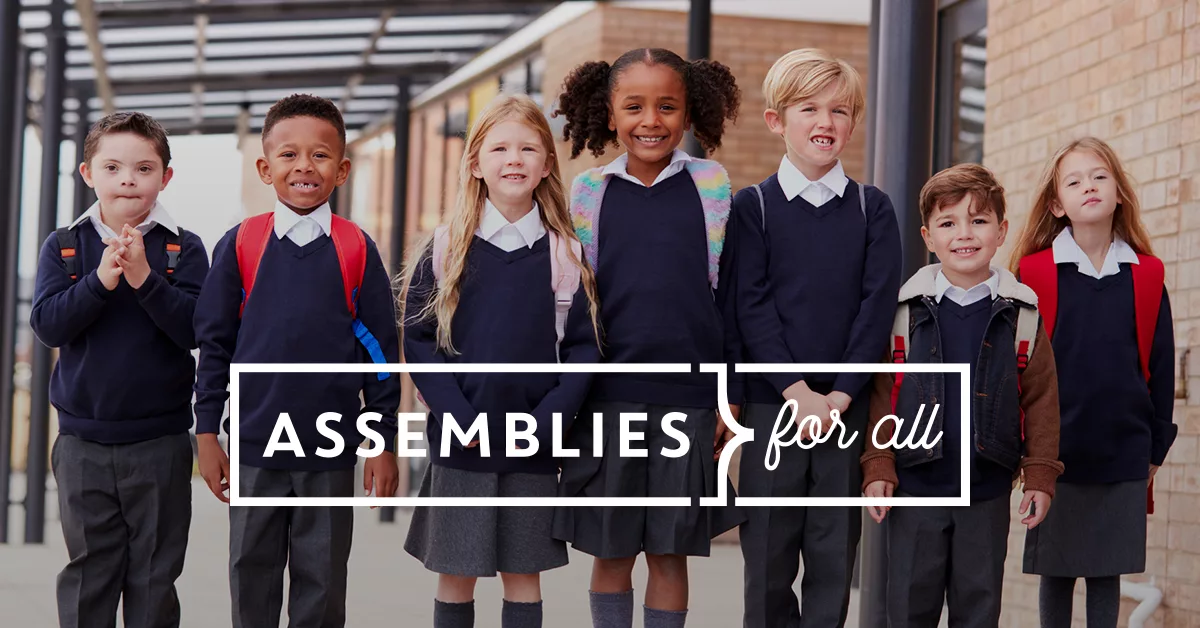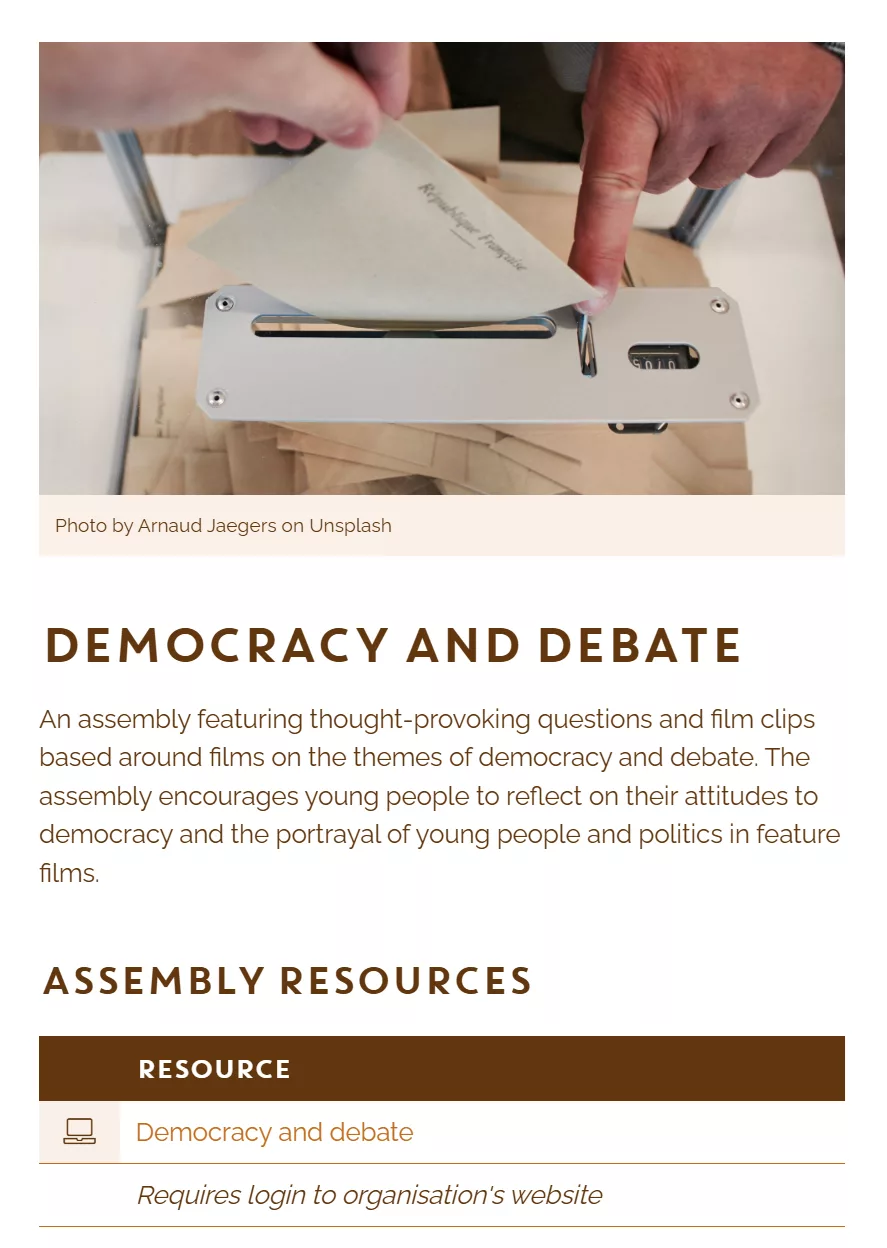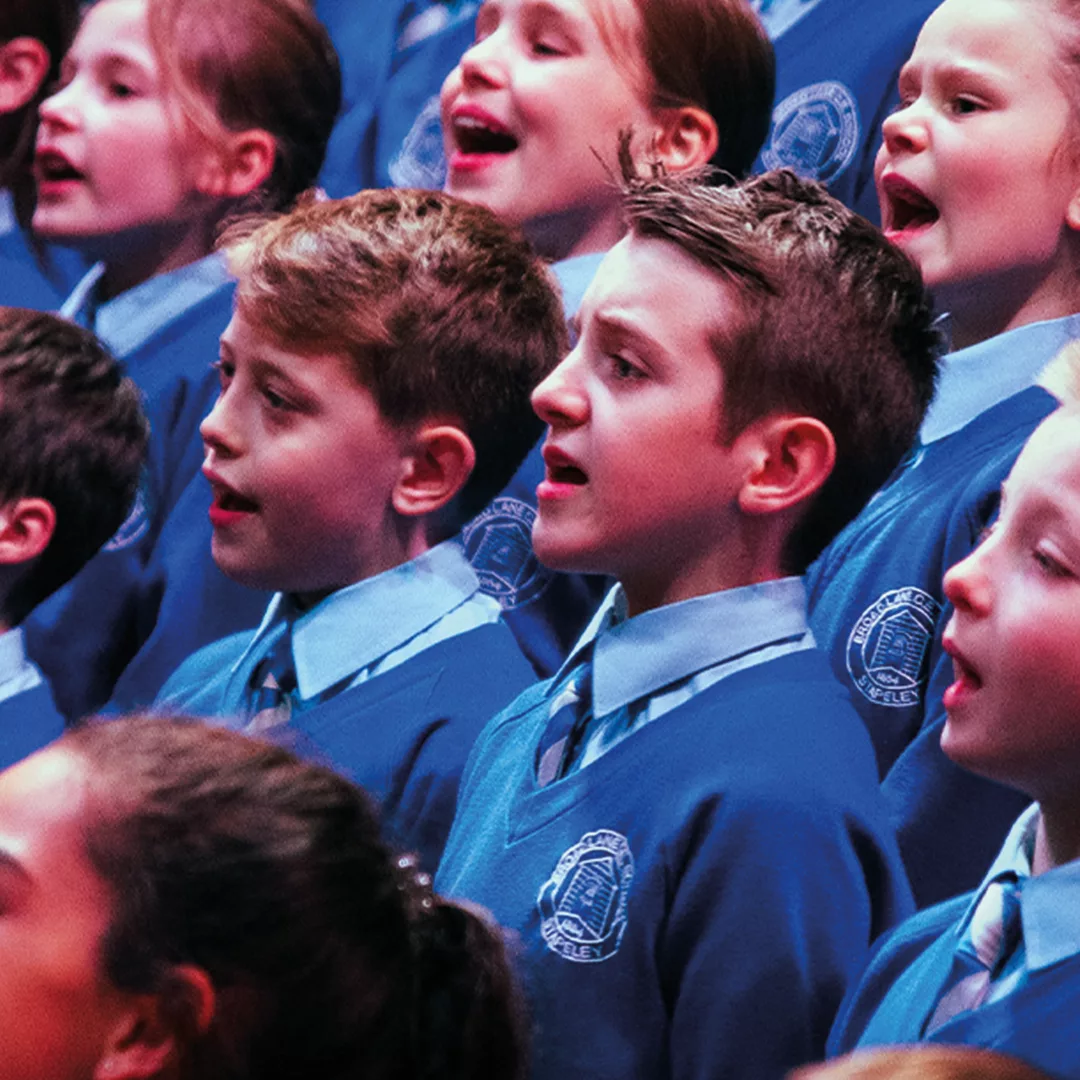
It’s time for Northern Ireland’s schools to reflect our diverse society
In Northern Ireland, school assemblies are still shaped by a law that belongs in the past. Under outdated legislation, all Northern Ireland state schools are required to hold daily acts of collective worship. This is always Christian worship, and it applies to all maintained schools, including children who don’t follow any religion.
Northern Ireland is more diverse than ever before. The latest national statistics show that in 2023 there were similar numbers of non-religious people in Northern Ireland (26%) when compared to Catholics (34%) or Protestants (35%). And five times as many people said they are non-religious than said they belonged to any of the non-Christian religions (5%).
Despite this, school assemblies remain a compulsory act of Christian worship, sidelining pupils from non-religious and minority faith backgrounds.
At Northern Ireland Humanists, we believe it’s time for change.
What’s wrong with compulsory religious worship?
Mandating Christian worship in schools is unfair, exclusionary, and out of step with modern human rights principles. Here’s why:
- It assumes all pupils share the same religious beliefs – Schools should be places where young people learn to think for themselves, not where they are required to participate in religious rituals they may not believe in.
- It ignores non-religious pupils – With one in four people in Northern Ireland now identifying as non-religious, it’s unjust to require children to take part in acts of worship that do not reflect their beliefs.
- It is out of line with international human rights law – The United Nations has repeatedly called for an end to compulsory worship in schools across the UK, arguing that it violates the rights of children to freedom of thought, conscience, religion, or belief.
- Opt-outs don’t work – While parents can request that their child be withdrawn from worship, this leaves children singled out or excluded from their peers. The best solution is an inclusive alternative for everyone.
What should replace it?

We are calling for a modern, inclusive approach to school assemblies that:
- Encourages critical thinking, ethical discussion, and personal reflection
- Celebrates human values such as kindness, compassion, and social responsibility
- Recognises and respects the diverse beliefs of all pupils, whether religious or non-religious
Inclusive assemblies cover diverse themes such as the environment, physical and mental health, arts and culture, and religious and secular holidays, and have been developed by a wide range of organisations including charities such as Unicef UK, Amnesty International, and WaterAid, the UK Parliament, the BBC, businesses, and many others. Humanists UK’s Assemblies for All website brings all these together in one place.
Schools should be places of education, not indoctrination. By replacing religious worship with inclusive assemblies, we can ensure that all children, regardless of their background, feel respected and represented in their school communities.
Time for Northern Ireland to catch up
The UN has said collective worship laws are not compatible with children’s human rights. In England and Wales, there is growing pressure to replace compulsory worship with inclusive assemblies. Meanwhile in Scotland, humanist campaigners are urging the Scottish Government to take action. Northern Ireland should not be left behind.
At Northern Ireland Humanists, we are campaigning for an end to compulsory religious worship in schools. If you agree that school assemblies should be inclusive for all, you can support our campaign today.
Together, we can build an education system that reflects the values of a modern, diverse Northern Ireland.






